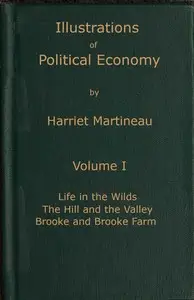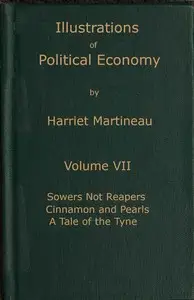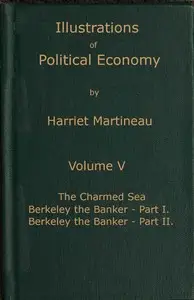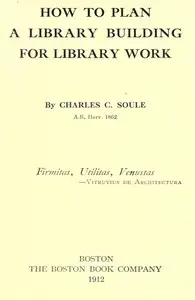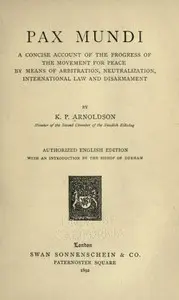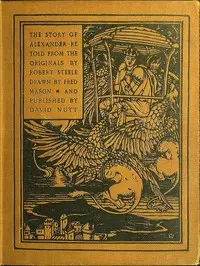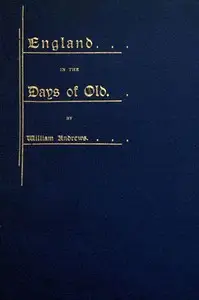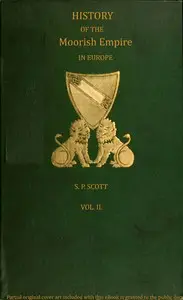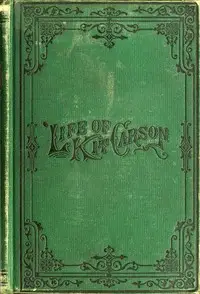"Illustrations of Political Economy, Volume 3" by Harriet Martineau is a collection of socio-political texts written in the early 19th century. This volume features three separate works exploring issues related to labor relations and economic challenges in industrial society, highlighting themes such as strikes and the plight of workers. Martineau's insightful critiques focus on the struggles of the working class, particularly in the context of a Manchester strike, encapsulating the tensions between workers and employers. The opening portion of this volume introduces readers to a group of factory workers in Manchester, revealing their struggles as they grapple with reduced wages and labor conditions. The focus is on Allen, one of the workers, who tries to provide for his family amidst economic hardship and tension within the community. As the narrative unfolds, it depicts the interactions between workers considering a strike for better wages and the harsh realities they face, including family responsibilities and the conflicting desires of their comrades. The chapter illustrates the complex dynamics of labor organization and the socio-economic environment of the time, setting the stage for a broader discussion on political economy and workers' rights. (This is an automatically generated summary.)
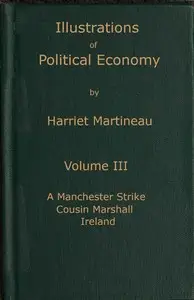
Illustrations of political economy, Volume 3 (of 9)
By Harriet Martineau
"Illustrations of Political Economy, Volume 3" by Harriet Martineau is a collection of socio-political texts written in the early 19th century. This v...
Harriet Martineau was an English social theorist. She wrote from a sociological, holistic, religious and feminine angle, translated works by Auguste Comte, and, rarely for a woman writer at the time, earned enough to support herself. The young Princess Victoria enjoyed her work and invited her to her 1838 coronation. Martineau advised "a focus on all [society's] aspects, including key political, religious, and social institutions". She applied thorough analysis to women's status under men. The novelist Margaret Oliphant called her "a born lecturer and politician... less distinctively affected by her sex than perhaps any other, male or female, of her generation."

